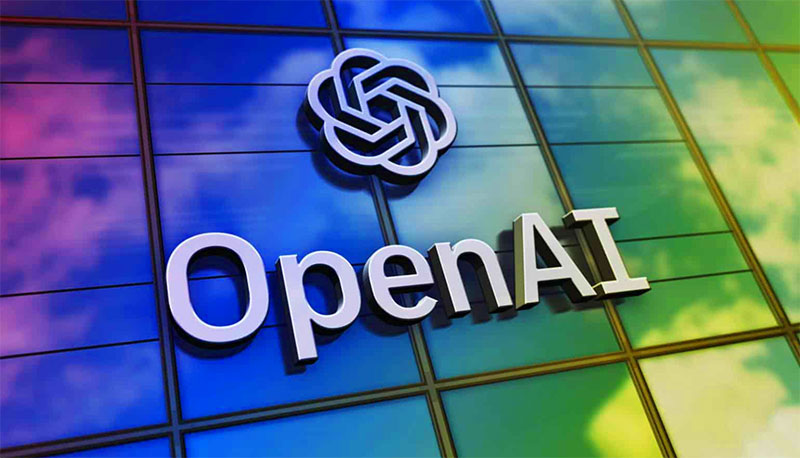OpenAI develops voice reconstruction technology from just 15 seconds of recording
On March 29, OpenAI introduced Voice Engine software, which uses artificial intelligence to create voices based on short 15-second recordings and is capable of reading text. It can also reproduce voices in foreign languages, even with English-only recordings.
Voice Engine has been in development by OpenAI since 2022 and was tested with a group of customers at the end of 2023. In it, the software demonstrated the ability to support reading and translating content between different languages and creating voice for people who have lost the ability to speak.

However, OpenAI also emphasizes the potential danger of voice imitation technology, especially in the context of presidential elections in the US. This is part of the reason they decided to limit access and not widely open this technology.
According to the company that owns ChatGPT, the announcement of Voice Engine is intended to encourage managers and the public to increase vigilance against scams using artificial intelligence. Developers also warn that criminals can use voice impersonation software to steal personal information or penetrate security systems at banks.
OpenAI shares, "It's important for everyone to understand the direction of this technology product, whether we release it widely or not."

Artificial intelligence voice imitation technology attracted attention after an audio recording imitating US President Joe Biden's voice calling on people to "not participate in the Democratic primary election in New Hampshire" was spread. circulated on social networks in January.
Pindrop Security, a company specializing in detecting voice phishing, then analyzed the recording and concluded that this was a deepfake using technology from ElevenLabs - a startup that develops voice-generating artificial intelligence software. in more than 20 languages.
According to Fortune magazine, Mr. Biden's deepfake voice worried many experts and US election officials, calling it "an election interference effort supported by artificial intelligence". Some assessments show that spreading deepfake audio is not only easy, but there is also a risk of bad actors using this technology to influence election results and prevent voters from voting.